The French matrimonial property regime is a complex yet fascinating legal framework that governs how assets are managed and divided between spouses. Rooted in centuries of civil law tradition, it reflects both the pragmatic and romantic ideals of French society. Unlike common law systems where prenuptial agreements dominate, France offers a default system with options for customization, blending community principles with individual protections.
At the heart of France’s marital property system lies the concept of "régime matrimonial," a term that encompasses the rules determining ownership and control of property acquired before and during marriage. The default regime, known as the "régime légal," automatically applies unless couples opt for an alternative through a notarized contract. This legal structure strikes a delicate balance between shared responsibility and personal autonomy, embodying the French approach to marriage as both an emotional union and an economic partnership.
One distinctive feature of French law is its treatment of inherited or gifted assets. Under the default regime, property received through inheritance or donation remains separate from the communal pool, preserving family wealth across generations. This principle, called "biens propres," ensures that heirlooms or pre-marital assets stay within bloodlines—a nod to France’s historical emphasis on lineage. However, any increase in value during the marriage may become subject to division, creating nuanced interpretations in court cases.
The French system offers four primary matrimonial regimes, each catering to different financial philosophies. The "communauté réduite aux acquêts" (reduced community of gains) serves as the default, where only assets acquired during marriage are shared. Wealthier couples often prefer the "séparation de biens" (separation of property), maintaining full independence over their estates. For those seeking middle ground, the "participation aux acquêts" allows separate management during marriage but equalizes gains upon divorce. The rarely chosen "communauté universelle" merges all assets completely—even inherited ones—reflecting absolute trust between partners.
Notaries play a pivotal role in this system, acting as legal architects for marital property arrangements. Their involvement isn’t merely bureaucratic; they provide tailored advice considering family dynamics, business interests, and international elements. This human-centric approach distinguishes France from jurisdictions where standardized forms dominate. The requirement for notarized contracts also prevents impulsive decisions, ensuring both parties fully understand their financial union’s implications.
Cross-border marriages add layers of complexity to France’s property regimes. With EU regulations allowing couples to choose applicable law, international spouses often blend French principles with foreign concepts. Courts frequently grapple with cases involving offshore assets or conflicting inheritance traditions, particularly when French forced heirship rules collide with common law testamentary freedom. These legal crossroads highlight how France’s system adapts—or sometimes resists—globalization’s pressures while protecting local legal culture.
The evolution of French matrimonial property law mirrors societal shifts. Recent decades saw reforms granting greater equality in managing communal assets, reflecting women’s changing economic roles. Same-sex marriage legalization in 2013 further tested the system’s flexibility, requiring reinterpretations of gendered legal language. Yet some archaic elements persist, like the presumption that household goods belong equally to both spouses regardless of purchase—a rule dating back when women rarely controlled finances.
Divorce proceedings reveal the system’s practical consequences. French judges meticulously categorize assets as communal or separate, often relying on forensic accounting for high-net-worth splits. The process emphasizes equitable over equal distribution, considering factors like each spouse’s contributions and future needs. This discretionary approach avoids the rigid formulas seen in some American states but can lead to protracted litigation—especially when dealing with complex assets like vineyards or luxury properties.
Business owners face unique challenges under French marital property rules. A spouse’s stake in a company started during marriage typically becomes communal property, potentially forcing entrepreneurs to share control with ex-partners. Savvy couples use "contrats de mariage" to shield enterprises, though courts may still consider the business’s growth when calculating compensations. These tensions between marital unity and commercial practicality spark ongoing debates in France’s vibrant startup ecosystem.
The philosophical underpinnings of France’s system reveal much about its national character. By offering structured choices rather than pure contractual freedom, the law guides couples toward considered decisions without imposing uniformity. The preservation of inherited assets speaks to France’s reverence for family history, while the default community regime acknowledges marriage’s cooperative nature. Even the bureaucratic solemnity of notarized contracts reflects a cultural belief that love and money require formal acknowledgment.
As younger generations delay marriage and redefine partnerships, France’s property regimes face new questions. Will cohabiting couples push for similar protections? How will digital assets be classified? The system’s strength lies in its ability to evolve while maintaining core principles—much like French society itself, which treasures tradition even as it embraces change. For now, the intricate dance between communal sharing and individual ownership continues, framed by notary offices and courtrooms across the hexagon.

By Eric Ward/Apr 19, 2025

By Sophia Lewis/Apr 19, 2025

By George Bailey/Apr 19, 2025

By George Bailey/Apr 19, 2025

By Grace Cox/Apr 19, 2025
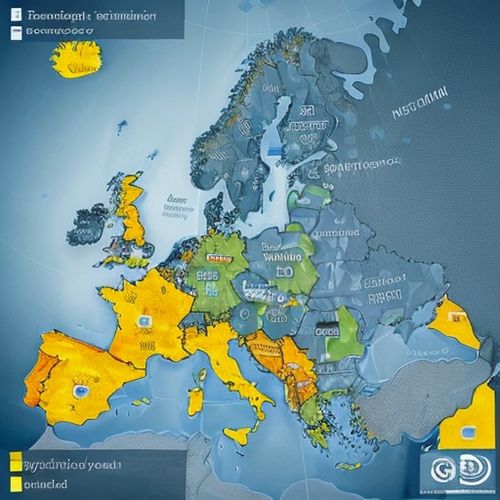
By Natalie Campbell/Apr 19, 2025

By Sarah Davis/Apr 19, 2025

By Michael Brown/Apr 19, 2025

By George Bailey/Apr 19, 2025
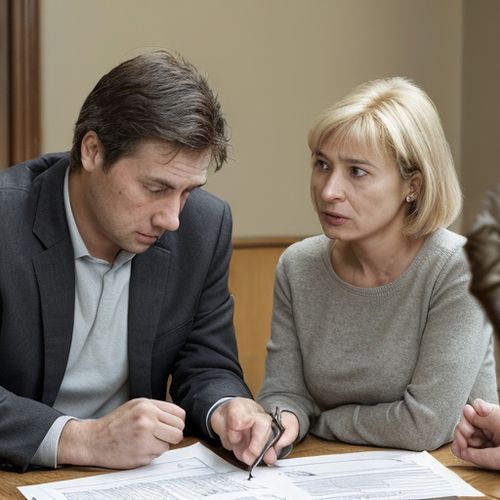
By Victoria Gonzalez/Apr 19, 2025
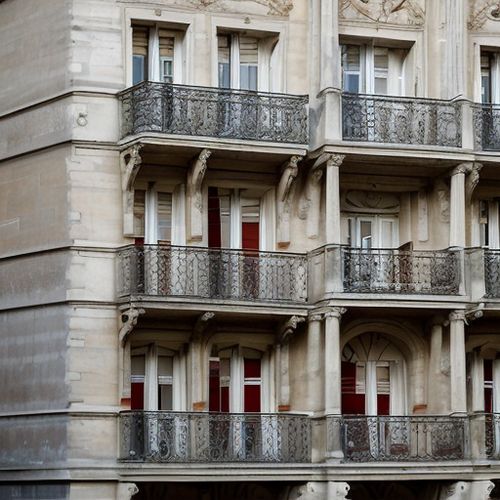
By Christopher Harris/Apr 19, 2025

By Natalie Campbell/Apr 19, 2025

By Sophia Lewis/Apr 19, 2025

By James Moore/Apr 19, 2025
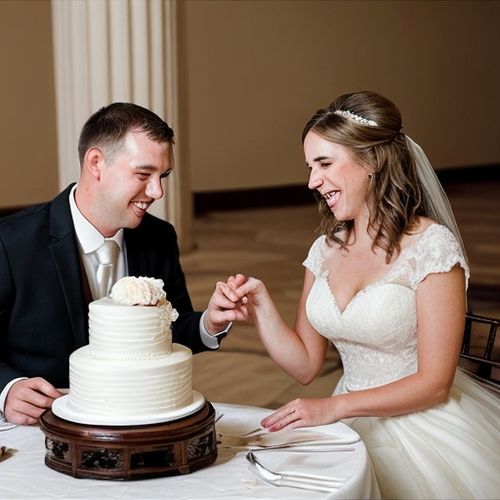
By Natalie Campbell/Apr 19, 2025
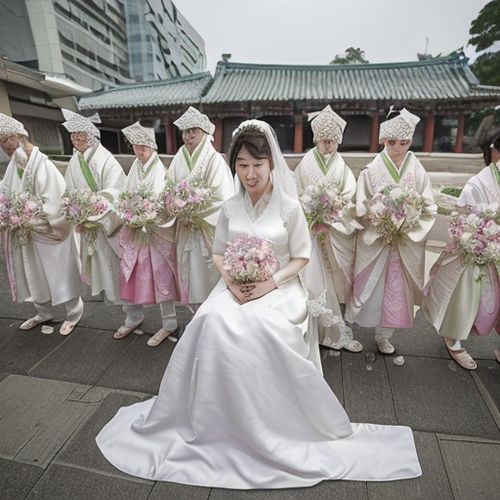
By Emily Johnson/Apr 19, 2025

By James Moore/Apr 19, 2025
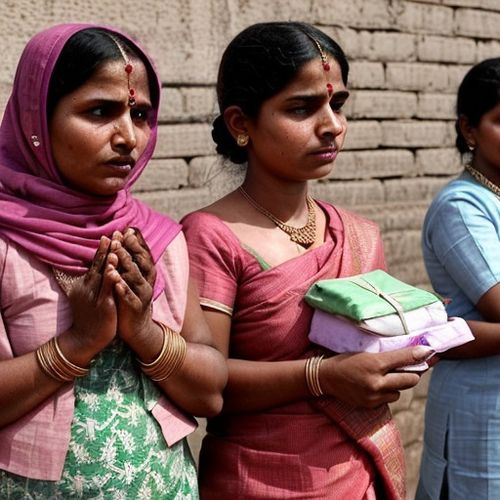
By Amanda Phillips/Apr 19, 2025

By Emily Johnson/Apr 19, 2025

By Noah Bell/Apr 19, 2025